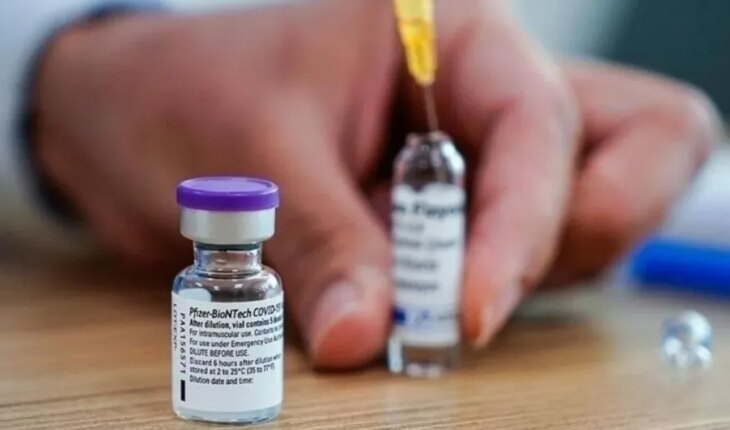With the beginning of May, the change of season begins to be felt in much of the country. The days shorten and temperatures begin to drop, indicating the arrival of autumn. Even in some provinces frost and snowfall were already recorded. These first colds of the year are especially important in view of the consequent probability of increased circulation of COVID-19, which adds to the seasonal behavior of the influenza virus. In this framework, the Ministry of Health of the Nation urges the general population to update the application of booster doses based on its new recommendations. Reinforcements every six months for risk groupsAs proposed by the National Immunization Commission (CoNaIn) and with the consensus of the holders of the health portfolios of the 24 jurisdictions, it is advised that those within the risk groups (people aged 50 or older, people with immunocompromise and pregnant people) receive a booster dose against COVID-19 if 6 months have elapsed since the Last application, regardless of the amount of reinforcements previously received. According to figures from the federal immunization registry, 9,314,083 people age 50 and older did not receive a booster dose in the past 6 months. It is important for those in these groups to be vaccinated to reduce the risk of infection and serious complications. For its part, the recommendation for people under 50 years of age with comorbidities (chronic diseases and obesity) and people with a higher risk of exposure (health personnel) and strategic function is that they receive a new booster 6 months after the last dose applied, and then an annual booster. Annual booster for the rest of the populationIn the case of those under 50 years of age without comorbidities who are considered at low risk of complications, the annual application of the booster vaccine against COVID-19 is suggested to maintain protection. It is essential to remember that immunization conferred by vaccination is not immediate, but requires at least 14 days to generate adequate protection. For this reason, it is best to get vaccinated before the arrival of winter.
COVID-19 reinforcement: What are the new official recommendations?
May 5, 2023 |





